Vegetable calcium sources for vegans – there's a lot of calcium in here!
Stopping meat and dairy products has many health benefits, but dietary balance remains an important health issue. As part of a balanced vegetarian or vegan diet, it is very important to pay attention to possible nutritional deficits. This is a deficiency in important vitamins and minerals such as iron, zinc and also vitamin B12. Of all the nutrients vegans need to think about, calcium is probably the one that needs the most attention. Sure, the others are important too, but these can be easily covered from other sources. For example, vitamin D and B12 can be supplemented very easily in order to always be adequately supplied. If you don't get enough protein with “normal” vegan food, you can always use a vegan protein powder. The omega-3 daily requirement, on the other hand, can be met with a tablespoon of ground chia seeds and one or two capsules of vegan DHA / EPA.
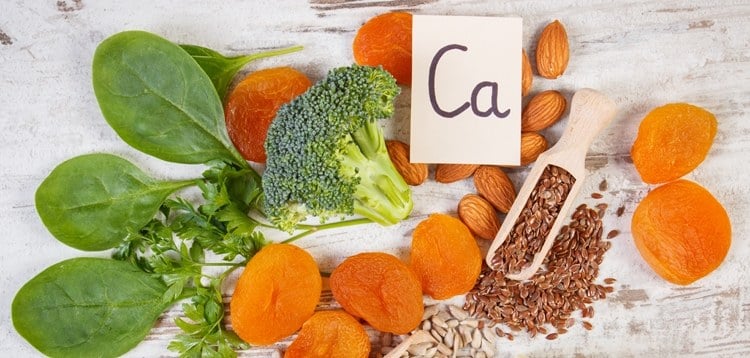
As mentioned earlier, covering your calcium needs requires more attention when you eat vegan. This is because many foods contain practically no calcium and most people do not specifically supplement this nutrient. In this article we will tell you which foods contain a lot of calcium and answer questions that are important for vegans.
What role does calcium play in the body?
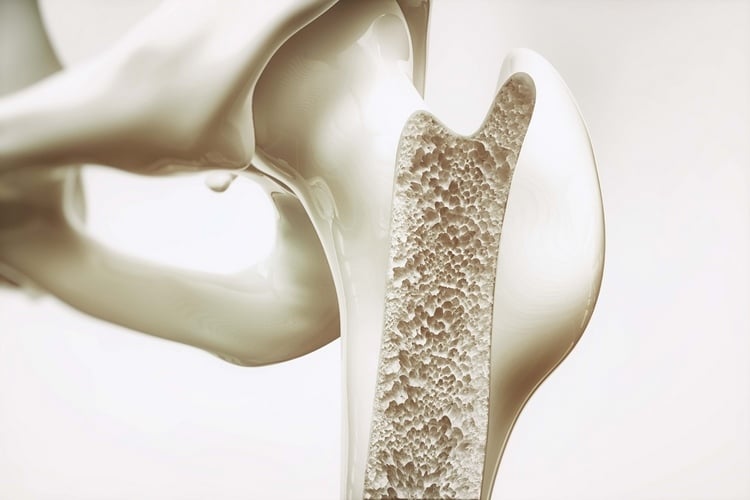
Calcium is a mineral essential for human health. Almost 99% of the body's calcium is concentrated in the bones and teeth. The mineral therefore plays an important role in muscle work, contraction of the heart muscle and controlling the excitability of nerves and muscles. Calcium is also involved in many physiological processes, such as blood clotting, blood pressure regulation and maintaining the integrity of the cell membranes.
The advertising of the dairy industry is misleading
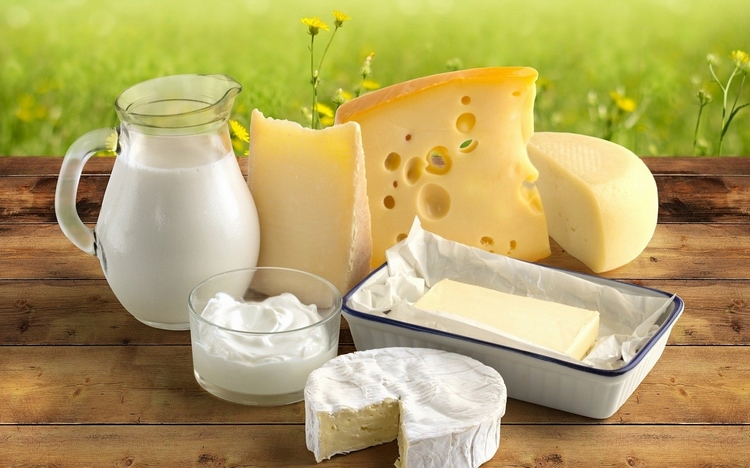
The dairy industry has focused on the calcium needs of adolescents and adolescents for years. With the mantra “Calcium, Calcium, Calcium” and the active marketing of milk as a uniquely good source of this nutrient, they gave the impression that milk products are by far the best source of calcium. But as we will see when we check the calcium levels of various vegan foods, this claim is simply not true.
In addition, the milk marketing authorities apparently never voluntarily announce the fact that the vast majority of people have problems with milk digestion. About 65 percent of the world's adults are lactose intolerant. And that number is much higher in people of African and Asian descent – about 99 percent of adults of Chinese origin are lactose intolerant.
Diet without dairy products
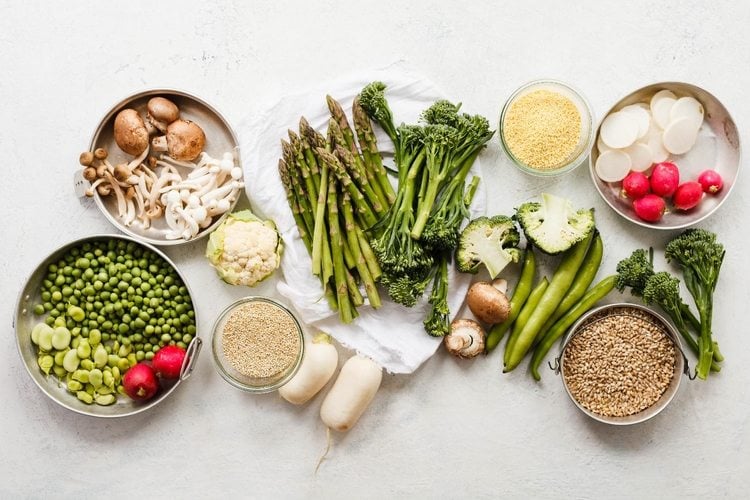
Whether due to lactose intolerance or due to ethical reasons, a large number of people opt for a milk-free diet. But the body's reaction to this diet varies from person to person and is not without consequences. Refraining from milk, cheese, butter and all dairy products will inevitably affect bone health because they are rich in calcium, vitamin D, protein and other minerals that are important for strong bones. For this reason, you have to find a way to compensate for the deficiencies in a vegan diet, such as vegetable calcium sources, vegetable protein sources, etc.
What is the daily calcium requirement?

The calcium requirement is individual and depends on the age and physiological condition of each person. The recommended calcium intake according to D-A-CH is:
Children and teenagers:
1 to under 4 years 600 mg
4 to under 7 years 750 mg
7 to under 10 years 900 mg
10 to under 13 years 1100 mg
13 to under 19 years 1200 mg
Adults:
Men 1000 mg
Women 1000 mg
Pregnant and lactating women:
under 19 years 1200 mg
19 years and older 1000 mg
Women and men aged 60+ 1200 mg
Studies have shown that a vegan diet with at least 525 mg of calcium per day is sufficient for an adult's body needs.
What are the best sources of calcium for vegans?
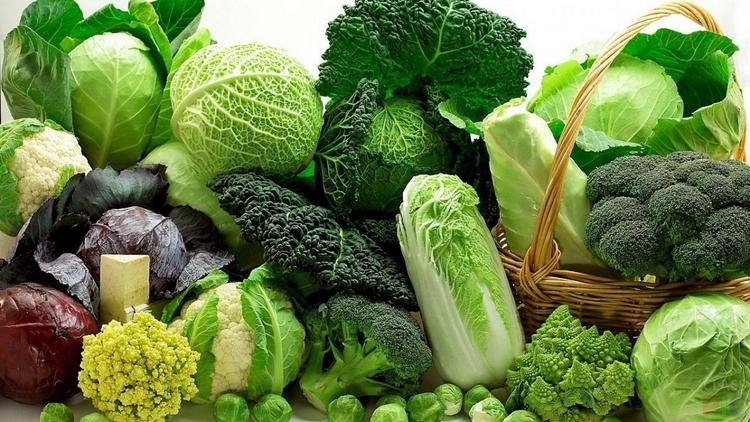
Nowadays, our daily calcium needs are easy to meet, regardless of the diet chosen. Contrary to popular belief, there are other sources of calcium than dairy products, fish and meat that are just as good. Vegans can meet their calcium needs with the following foods:
Cereals and legumes: Soy, quinoa, white or red beans, oatmeal, chickpeas
Fresh vegetables: Corn salad, lettuce, arugula, fennel, all types of cabbage, artichokes, avocados, chard, broccoli, carrots, celery, green beans, beets, leeks, olives
Fruit: Figs, plums, raspberries, lemons, kiwis, oranges
Dried fruit: Dates, dried figs, raisins
Seeds and nuts: Flax seeds, pumpkin, sunflowers, sesame, hazelnuts, almonds, pistachios, peanuts, Brazil nuts
Herbs and spices: Garlic, onion, nettle, chives, parsley, shallot, dill, mint, basil, cinnamon, cumin, chilli, black pepper, dried thyme.
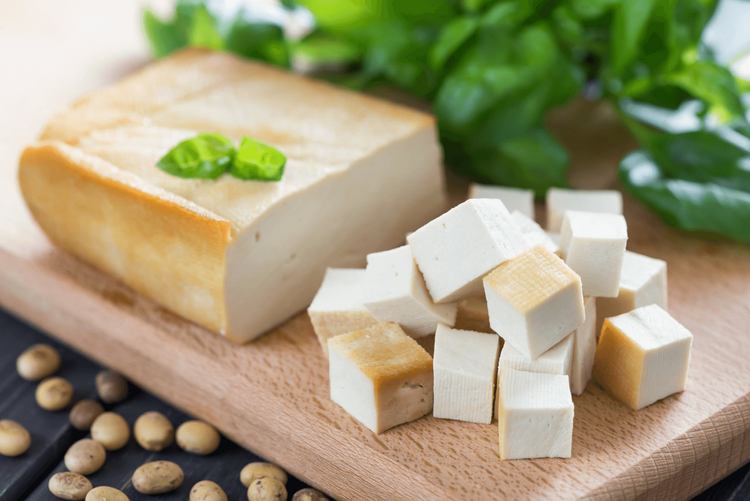
Tofu: This so-called bean cheese is made from white soybeans processed into soy milk. Tofu is indispensable for vegetarian and vegan diets and is particularly popular in Asian cuisine. 100 g of tofu contain 350 mg of calcium.
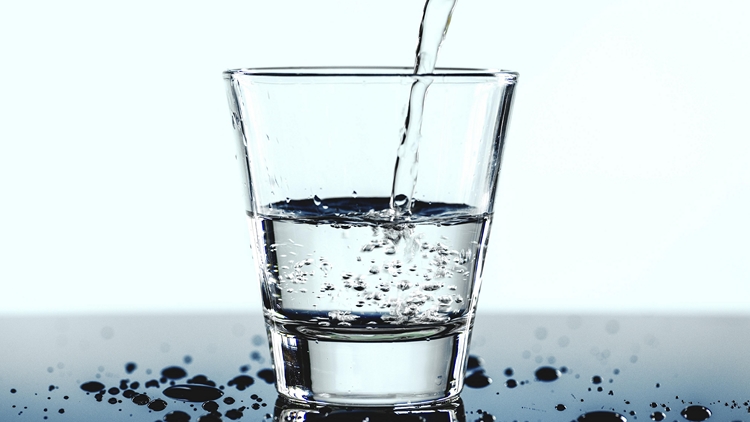
Calcium-rich water: Those who cannot tolerate milk can cover part of their needs with calcium-rich water. The calcium-rich water is also recommended to ward off osteoporosis. Mineral water is considered calcium-rich if it contains more than 300 mg calcium per liter. Here is a table of some mineral waters with a high calcium content (more than 300 mg / l) and the lowest possible sodium content (ideally less than 200 mg / l).
| Mineral water | sodium | Calcium |
|---|---|---|
| Gemminger mineral spring Classic | 0 | 426 |
| Adello Classic (Adelbodner Mineral) | 5 | 562 |
| Monastery of St. Josef Medium 6 365 | 6 | 365 |
| Adelbodner special | 7 | 579 |
| Contrex | 9 | 468 |
| Schurwald mineral water medium | 9 | 440 |
| Bonatur Classic | 9 | 347 |
| Valser | 10th | 425 |
| Extal mineral spring with little carbonic acid | 10th | 359 |
| Rohrauer Still (Friedrichsquelle) | 11 | 654 |
| ASS Classic | 13 | 539 |
| Externstein Quelle Classic | 13 | 539 |
| Urbacher Medium | 13 | 387 |
| Forstetal Quelle Classic | 14 | 586 |
| Bad Dürrheimer Medium (Johannis spring) | 14 | 340 |
| Rietenauer little carbonic acid (Dilienius source) | 15 | 533 |
| Antonius source | 15 | 492 |
| Carolinen Classic (source of origin) | 15 | 421 |
| Filippo medium | 16 | 545 |
| Biberacher Sport | 17th | 585 |
| Rietenauer Naturell | 17th | 541 |
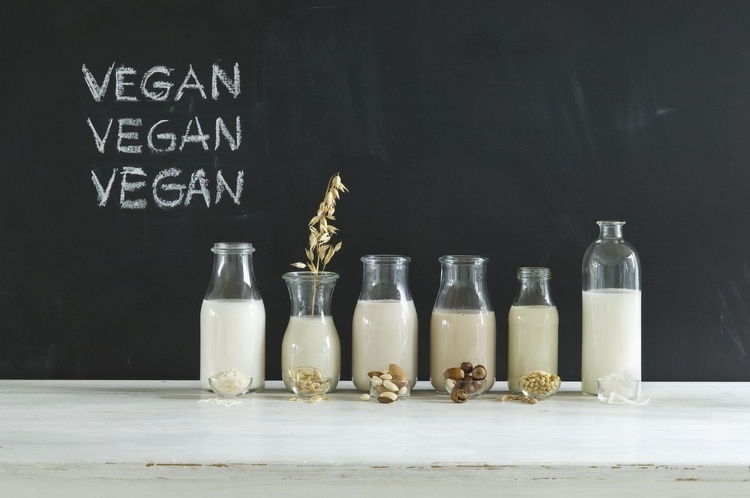
Nut milk: Vegetable milk alternatives made from oats, soybeans and the like have long ceased to be found exclusively in health food stores. Almond and coconut milk in particular are much richer in calcium and vitamin D than cow's milk and are therefore an excellent alternative for people with lactose intolerance or for those who eat a vegan diet.
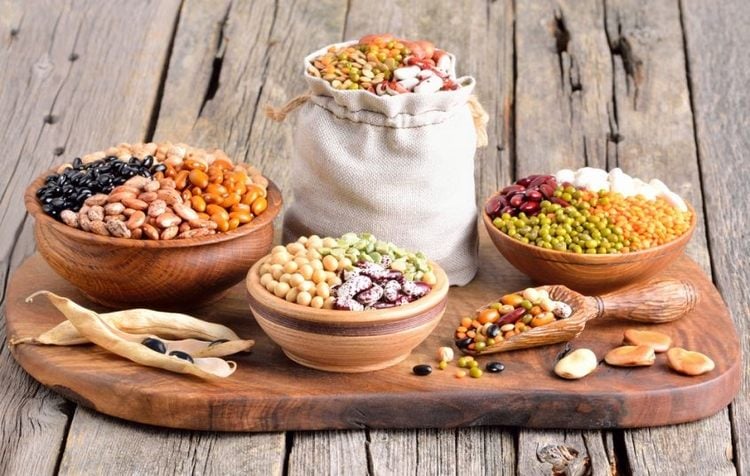
To help you keep track of what's going on, we've compiled some summary lists of the best vegetable calcium sources for vegans.
Legumes:
White beans 113 mg / 100 g
Lupine seeds 180 mg / 100 g
Mung beans 115 mg / 100 g
Soybeans 201 mg / 100 g
Chickpeas 124 mg / 100 g
Green leafy vegetables:
Nettle 630 mg / 100 g
Leek 250 mg / 100 g
Kale 185 mg / 100 g
Boiled spinach 160 mg / 100 g
Arugula 130 mg / 100 g
Watercress 110 mg / 100 g
Seeds and nuts:
Poppy seeds 1450 mg / 100 g
Almonds 265 mg / 100 g
Brazil nuts 150 mg / 100 g
Hazelnut 125 mg / 100 g
Whole sesame seeds, dried 975 mg / 100 g
Chia seeds dried 631 mg / 100 g
Pumpkin seeds 270 mg / 100 g
Coconut, dried, coconut flakes 240 mg / 100 g
herbs and spices
Basil dried 2240 mg / 100 g
Thyme dried 1260 mg / 100 g
Marjoram, dried 1990 mg / 100 g
Thyme dried 1890 mg / 100 g
Oregano dried 1597 mg / 100 g
Dill seeds 1516 mg / 100 g
Rosemary dried 12800 mg / 100 g
Coriander leaves dried 1246 mg / 100 g
Parsley dried 1140 mg / 100 g
Tarragon dried 1139 mg / 100 g
Cinnamon 1002 mg / 100g
Cumin 930 mg / 100g
Curry 480 mg / 100g
Ground pepper 430 mg / 100g
What can promote or complicate the absorption of calcium?

The absorption of calcium in the organism is also important. How much of the mineral allergen from the gastrointestinal tract we actually take into the blood depends on several factors: age, gender, current calcium requirement, hormone balance, etc. Here you can find more information about the factors that can promote or inhibit calcium absorption:
1. Some studies suggest that excessive Caffeine and salt consumption Calcium absorption is difficult and calcium excretion in the urine can increase. It is therefore recommended to keep salt and salty foods to a minimum. As far as caffeine is concerned, experts believe that eating two cups of coffee, tea or cola a day would not be harmful, provided that an adequate calcium intake is maintained.

2nd Vitamin D is essential for the absorption of calcium. It is therefore no coincidence that calcium supplements are generally combined with vitamin D and phosphorus. Calcium and vitamin D play an important role in bone metabolism. Vitamin D ensures that calcium is absorbed from the intestine and built into the bones.
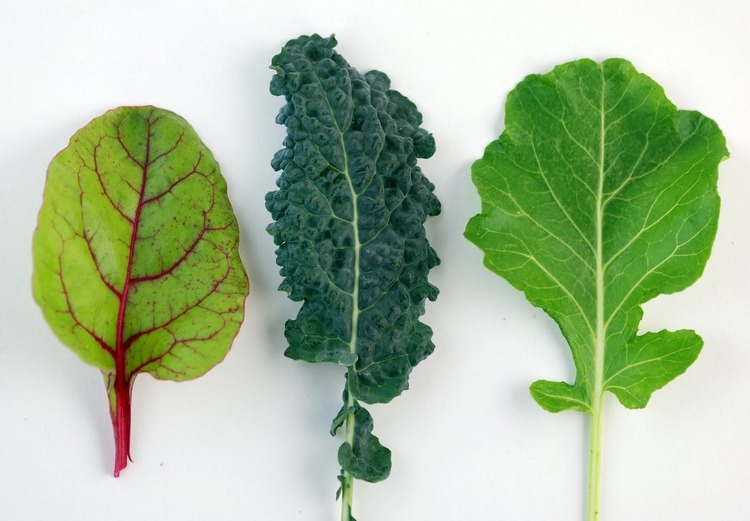
3. Some popular types of leafy greens contain significant amounts of Oxalates (oxalic acid). This substance makes calcium absorption difficult, so that the body cannot absorb all of the calcium in the vegetables. So if you eat green vegetables to increase your calcium intake, you should avoid spinach, chard, and rhubarb – all of which are high in oxalates. Also note that when cooking oxalate-rich green vegetables, part of the oxalic acid will get into the water. This significantly improves calcium absorption, provided you are not using the cooking water as a soup broth.
Leafy vegetables low in oxalate are, for example:
Leaf cabbage (marrow cabbage): 232 mg per 100 g
Bok-Choy (Chinese cabbage) 105 mg per 100 g
Kale 150 mg per 100 g
Broccoli 58 mg calcium per 100 g
Calcium deficiency: what are the symptoms and risks?
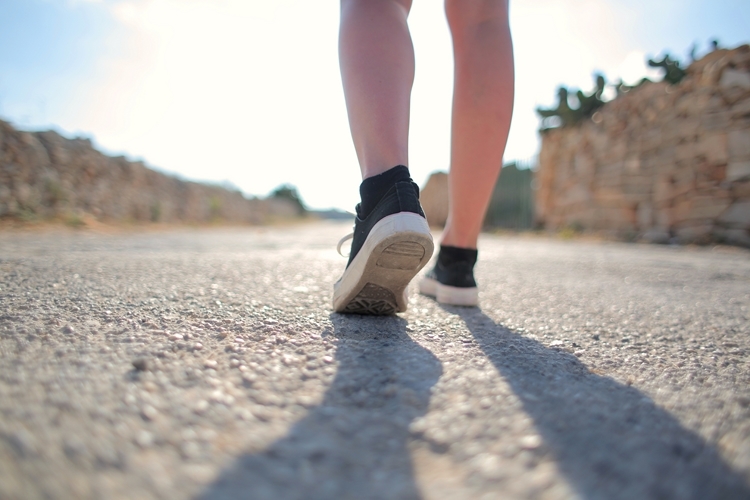
In the event of a calcium deficiency, the level of calcium in the blood regulates itself by necessarily taking the calcium directly from the bone tissue. It is therefore logical that the symptoms concern the bones and joints. The long-term consequences are rickets, osteoporosis, increased risk of fractures, etc. If a calcium deficiency is associated with a lack of vitamin D, it can also cause thyroid disorders.
Mild symptoms of calcium deficiency can include:
deafness
Tingling fingers
Muscle cramps
fatigue
Poor appetite
Weak or brittle fingernails
difficulties swallowing
Fainting
Serious calcium deficiency symptoms can include:
Mental confusion, irritability, depression and anxiety
Caries
Inadequate blood clotting
Broken bones
Osteopenia or osteoporosis
Delays in growth and development in children
Heart problems with blood pressure and heart rhythm
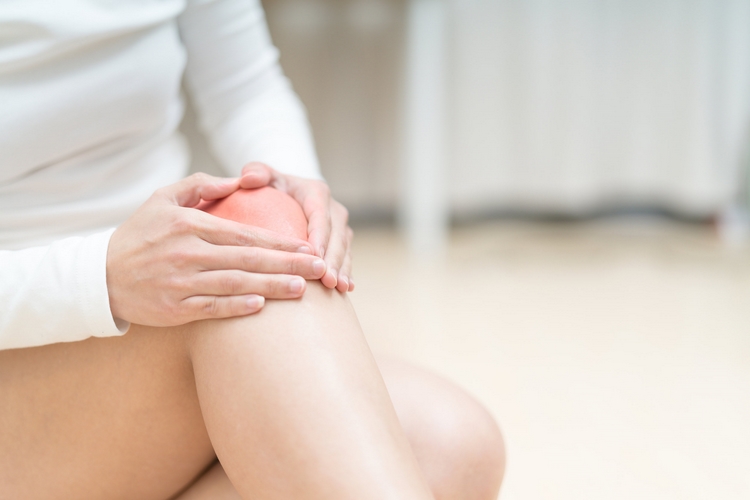
As already explained, an excess of caffeine and salt leads to a loss of calcium in the bones in the urine. This is dangerous for people who do not consume dairy products, as an extra glass of milk with every cup of coffee or tea could offset the negative effects of caffeine. Added to this is the fact that alcohol and smoking reduce bone density, which indicates increased fragility and, consequently, an increased risk of fractures. It is important to know that people with diabetes, AIDS, celiac disease or thyroid problems are predisposed to calcium deficiency. You should therefore have your calcium levels checked regularly.
What is hypercalcemia?
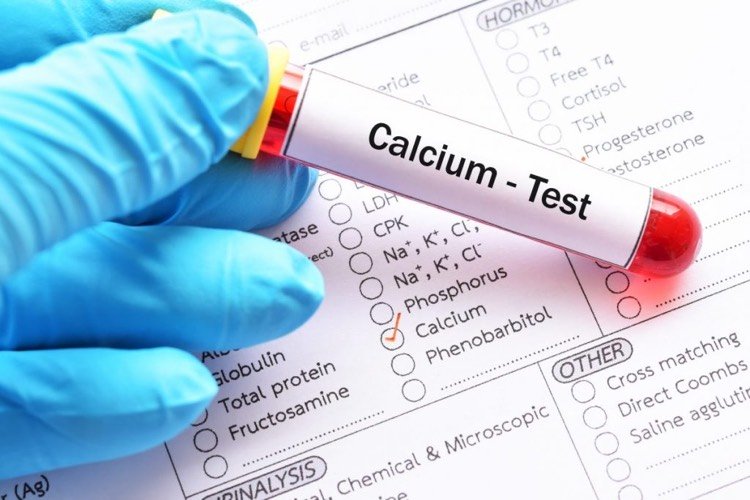
Some people struggle to meet their calcium needs with food alone and take supplements. Depending on the brand, you can get a whopping 500 to 1000 mg of calcium with just one tablet. In this case, you should pay attention to the total calcium intake. An increased calcium level in the blood serum is called hypercalcaemia and can cause the formation of kidney or urinary stones. So make sure that your combined calcium intake from foods and supplements does not exceed 1300 milligrams per day.
The post Vegetable calcium sources for vegans – there is a lot of calcium in there! appeared first on Deavita.com | Living ideas, design, hairstyles, make-up, lifestyle, health and beauty tips.





















